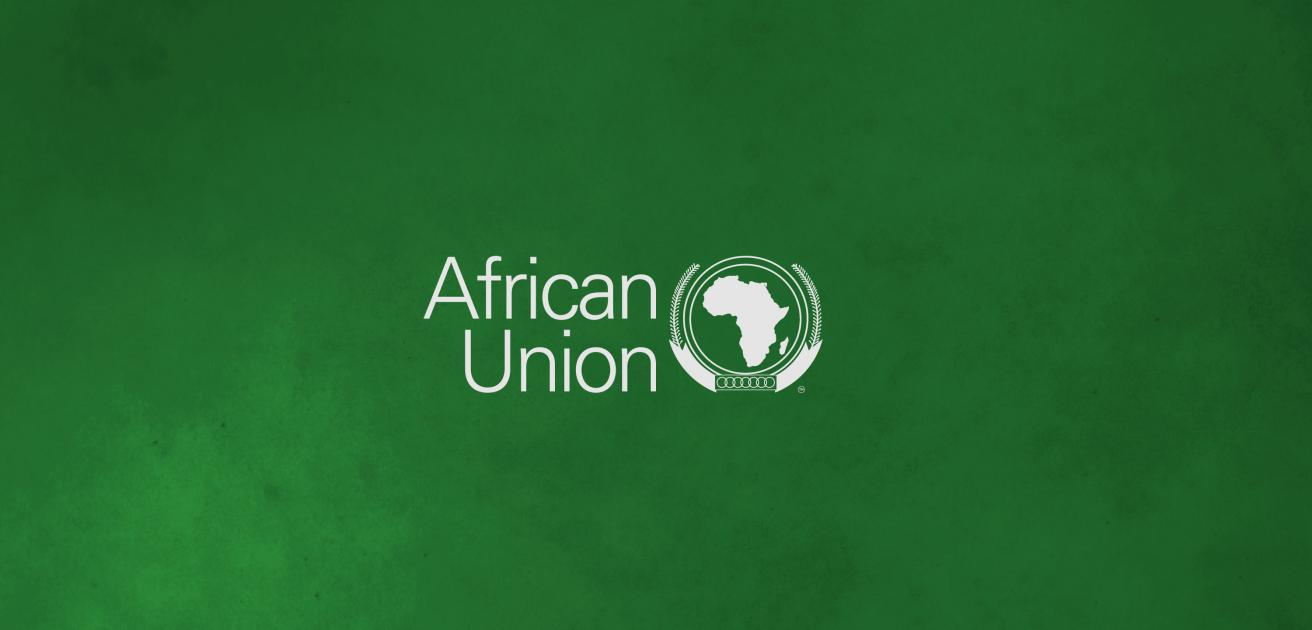Ressources
Agenda 2063 is Africa’s development blueprint to achieve inclusive and sustainable socio-economic development over a 50-year period.
We, Heads of State and Government of Member States of the African Union, guided by the principles of Agenda 2063 and sustainable developm
WE, the Heads of State and Government of the African Union Member States (Full List of Attending Heads of State and Government), gathered









